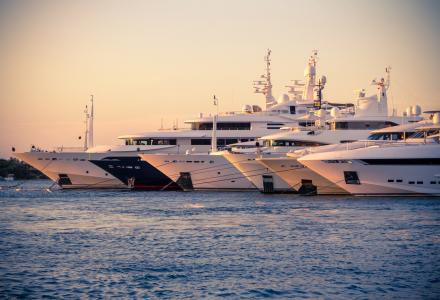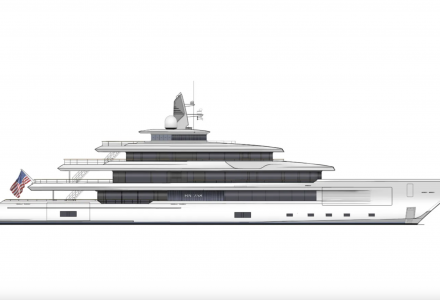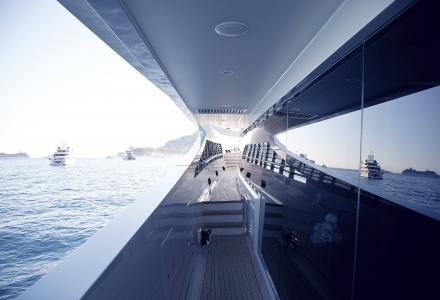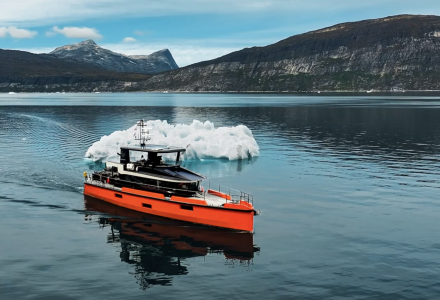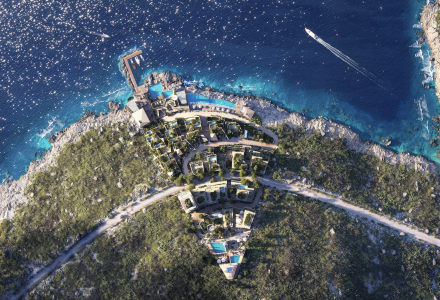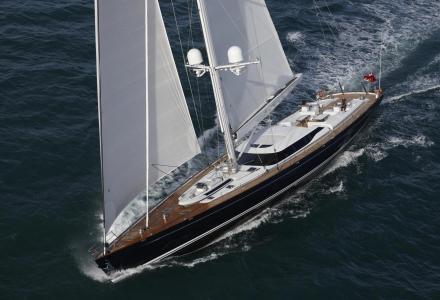Initial public offerings (IPO) are the stuff of most startups' dreams, yet whereas they have been a strong vehicle for exits in other sectors, the rare yachting firms that have listed their shares on public markets have often struggled to perform on stock exchanges.
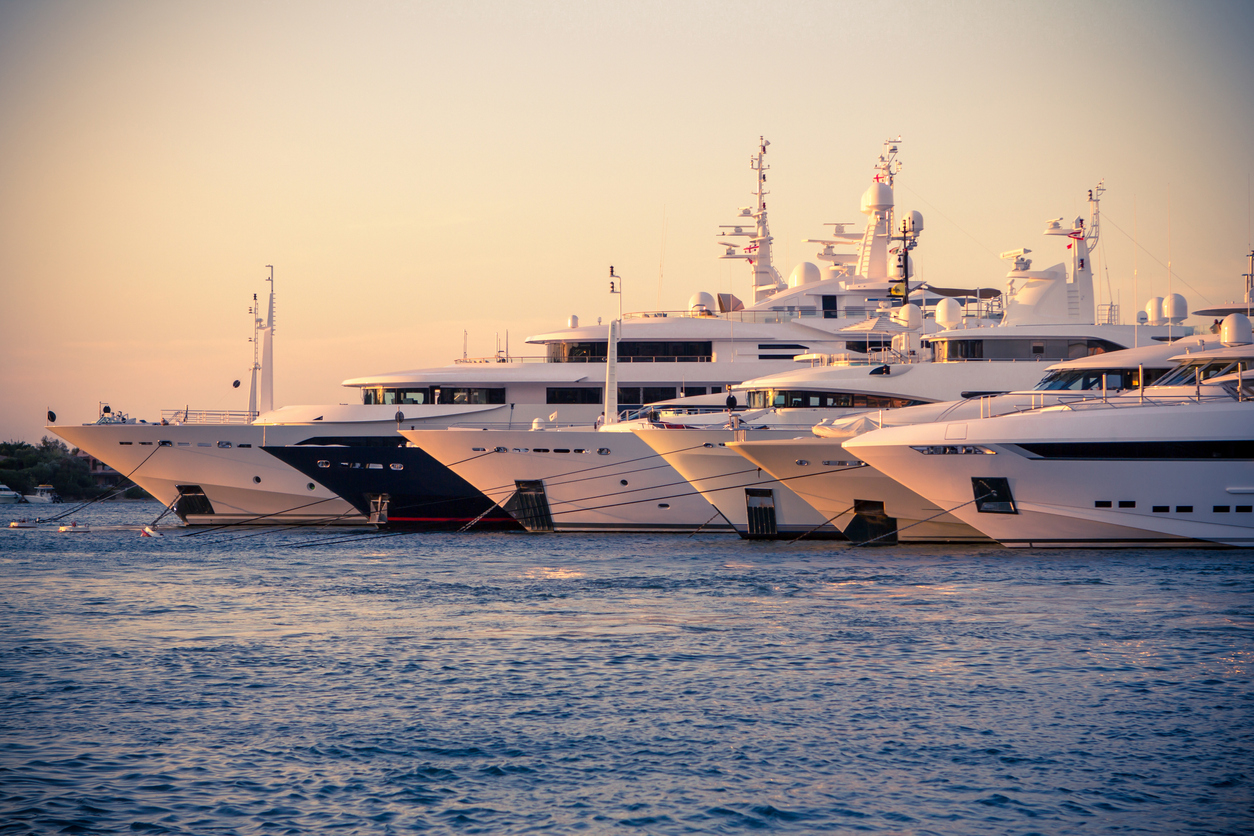
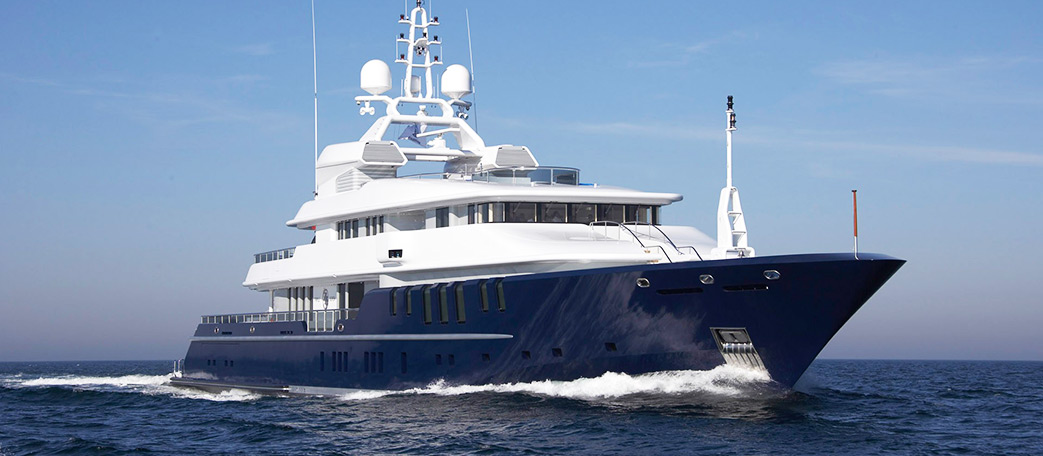
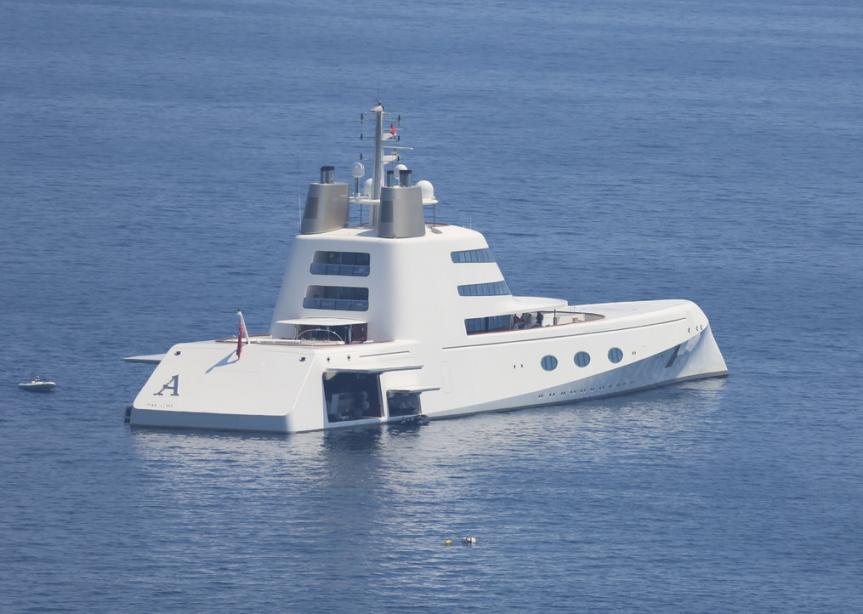
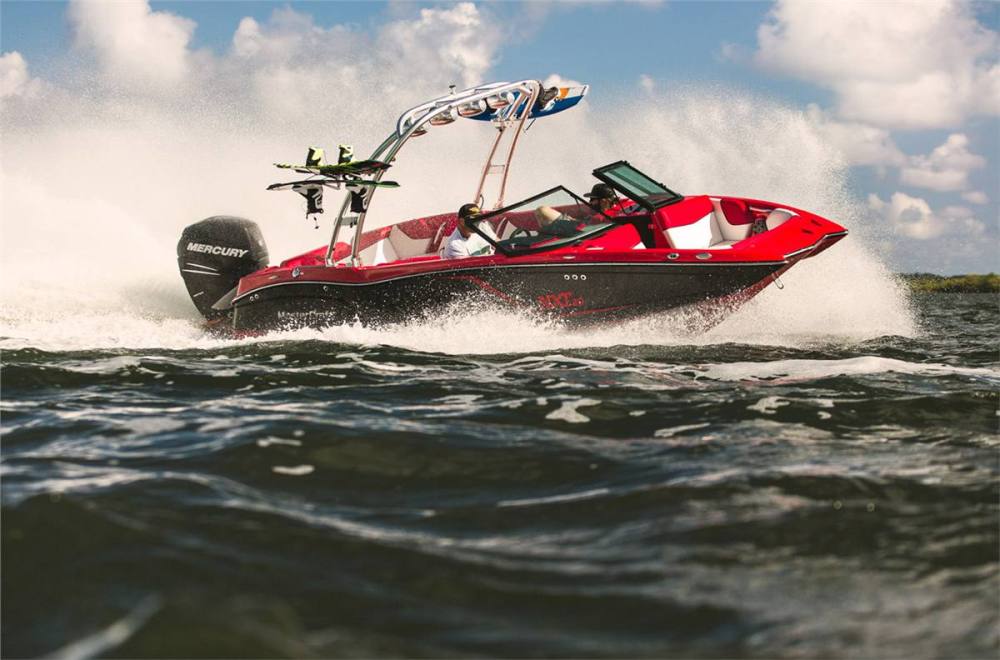

iStock/CAHKT
In July 2017, Global Yachting Group, the holding company behind several superyacht painting and maintenance brands such as Pinmar and Rolling Stock went public on London's AIM exchange. This followed a management buyout backed by private equity firm Lonsdale Capital in 2016. With revenues of €54.6 million in 2016 and an EBITDA of €6.7 million, the holding was valued at £55 million following its IPO.
Since, however, its share price has dropped from over £140 per share to just £34, and its market capitalisation dropped down to just £16.25 million, nearly a 70% drop in just over a year. The drop was primarily caused by the market reacting poorly to a drop in new build business secured by the group, which broke even in the first half of 2018. In its statement, Remy Millot, however remained confident business would pick up in coming quarters.

On the brokerage side, YCO has famously been the highest profile firm to attempt a public offering on London's AIM exchange back in 2008. Its shares were then trading at 49 pence per share on the back of high profile clients and revenues leading to a valuation of near £25 million. Shareholders included the co-founders, the Monegasque Pastor family, and a set of investment firms. However, after 4 years of a difficult market, its share price dropped from 49p to 3p per share.
Ultimately, YCO chose to delist from the public markets in 2012, despite recording £27 million in revenue in 2010 and £588,000 in net profits. After delisting, Fifty Four Four Ltd, a company owned by Charles Birkett, YCO founder and CEO, gathered 50.4% of YCO Group's share capital and made a mandatory offer to the minority to buy them out at 1p per share, giving the business a £485,000 valuation. Since delisting, YCO has continued to be a dominant player in the superyacht brokerage and management space, representing yachts such as the 119-meter M/Y A at one time.

The drive of the superyacht market to make an IPO work likely comes from the success of the strategy in the smaller boating segment. Beneteau, one of the largest players in the space with sales of over €1.2 billion in 2017, has been public since 1989, its share value rising over 700% since. Primarily active in 10-20m boat construction, the company is currently sitting at a market cap of €1.16 billion.
MarineMax, a leading US boat dealer went public back in 1998 at $13,75 per share, trading today at twice the valuation after a strong 20x recovery since the 2008 financial crisis, which saw its stock fall to under $2 per share in 2009. Today MarineMax is valued at over $600 million. Mastercraft, the famous powerboat manufacturer went public in 2015 at under $16 per share and trades today at over $32 per share with a valuation of over $600 million.

Superyachts' difficult financial forecasting and small market in absolute unit numbers continues to puzzle public investors, strangling the sector into resorting to purely private funding and capping its exit potential. Some, however, remain on the hunt for a formula to solve the public markets for superyachts with leading companies like Gulf Craft contemplating a listing in the near future.
